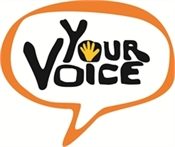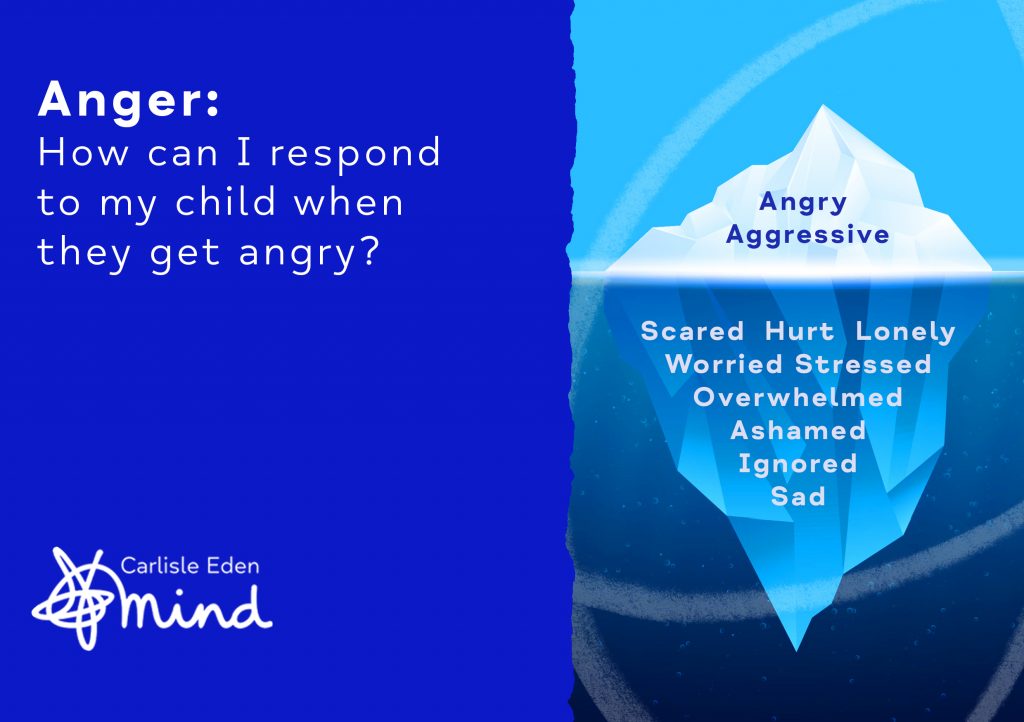
Anger is a normal and healthy reaction when things don’t go the way we expected, life feels unfair, or people upset or hurt us. It can be a helpful thing – letting us know that something is wrong or not okay with us.
It’s normal for children and young people to find it difficult to manage their angry feelings sometimes, and it’s helpful to remember that the part of our brain that helps us do this doesn’t fully develop until we’re in our mid-20s.
Anger can become a problem for your child if it feels overwhelming or unmanageable, makes them unhappy, affects their relationships or is expressed through unhelpful or destructive behaviours – towards either themselves or other people.
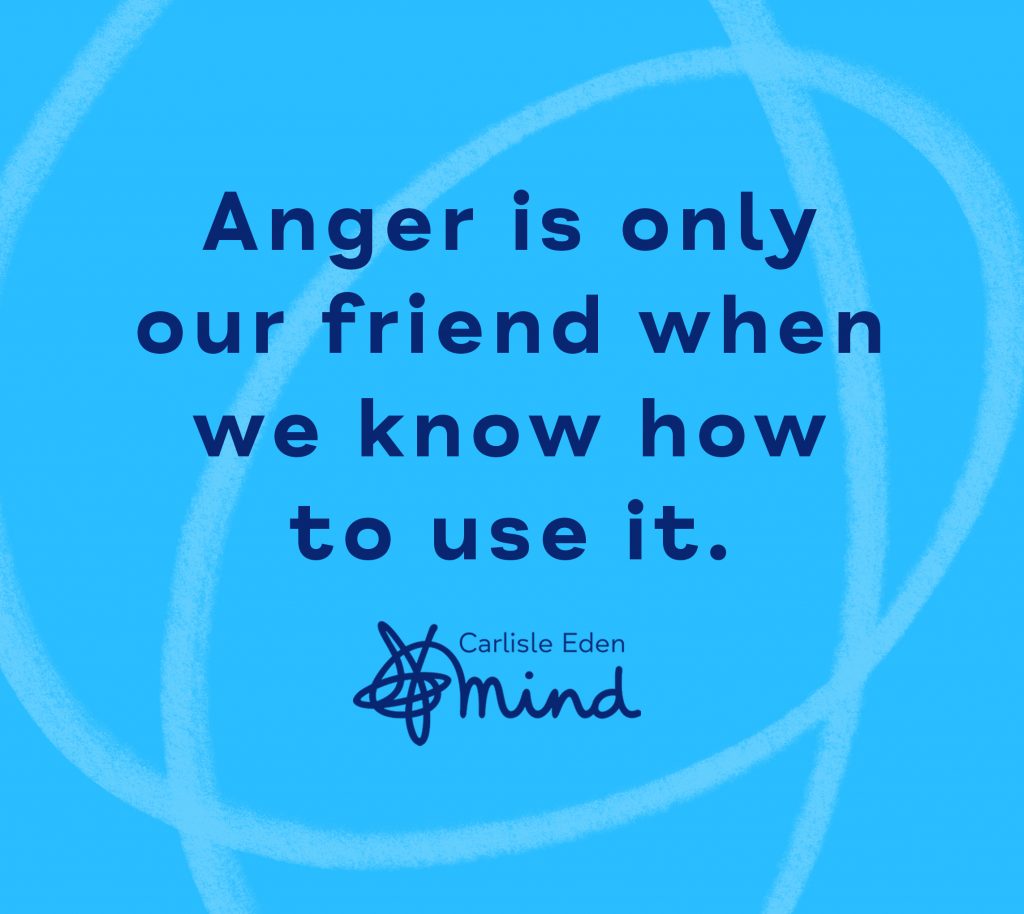
Angry feelings and aggressive behaviour can be really hard to deal with as a parent and it can have a huge effect on family life. If you’re going through this, remember that there is light at the end of the tunnel. There are things you can do to make the situation better, and places where you can find support if you need to. Here, we’ve got strategies you can use to help you respond and advice on when to seek further help and where to get it.
What is anger like for young people?
If your child can’t tell you in words, they will often use their behaviour to let you know how they’re feeling. A young person who is feeling angry may:
- Be outwardly aggressive – acting aggressively towards other people, including shouting, hitting or breaking things
- Be inwardly aggressive – hurting themselves, for example by self-harming, or being very self-critical
- Be passively aggressive – withdrawing, ignoring people, being sarcastic or sulking
- Feel things in their body like a racing heart, feeling hot or tensing their muscles – for example clenching their fists
- Seem tense, unable to relax or easily irritated
- Find it difficult to concentrate.
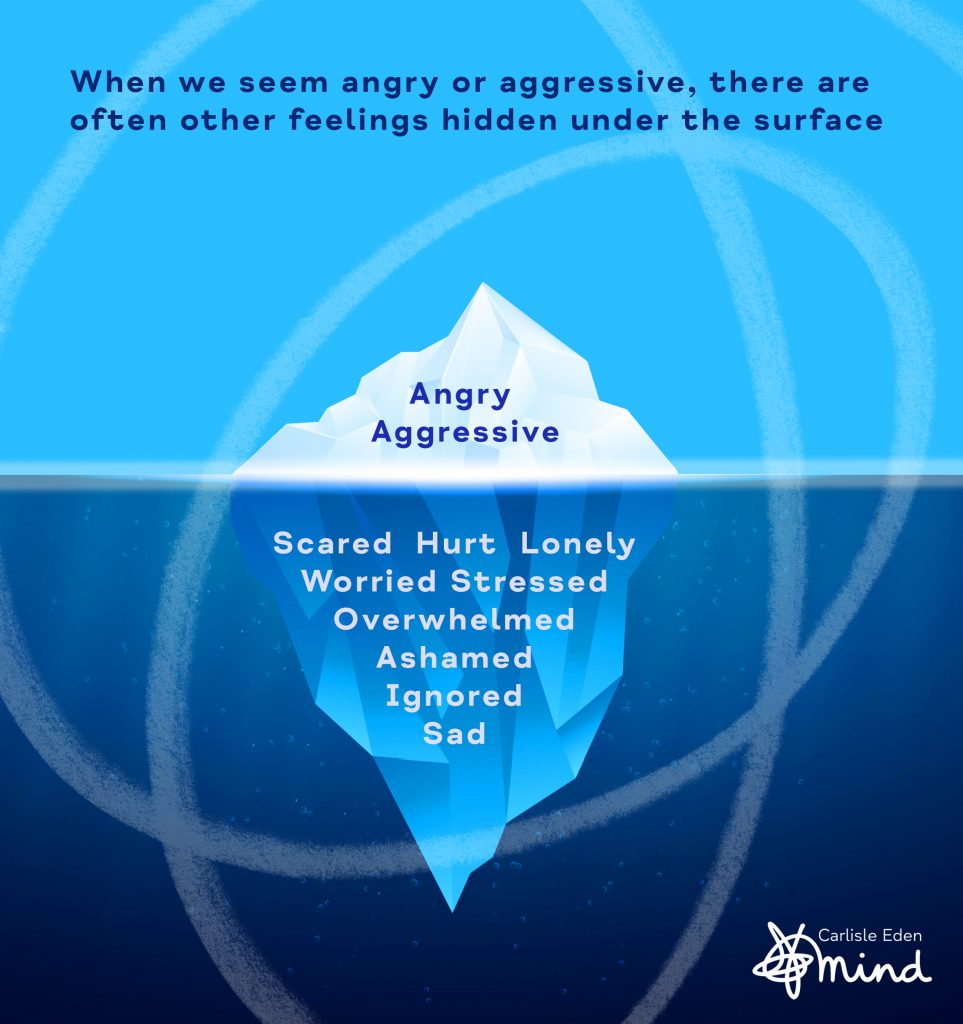
Underneath these behaviours, a young person who seems very angry may also be feeling things like fear, stress, sadness, hurt or worry – or might be struggling to cope with a difficult experience at school, at home or in another part of their life that they feel unable to talk about.
It can be helpful to remember that a person who’s feeling angry a lot of the time probably isn’t feeling very happy – and while it might not be obvious, what they often need is support. Supporting children and young people to put their feelings into words can help them to feel less overwhelming, making it less likely that they will need to act out.
For some young people, feeling more irritable or angrier than usual can be a sign that they are struggling with low mood, depression or anxiety – especially if it goes on for a long period of time without changing.
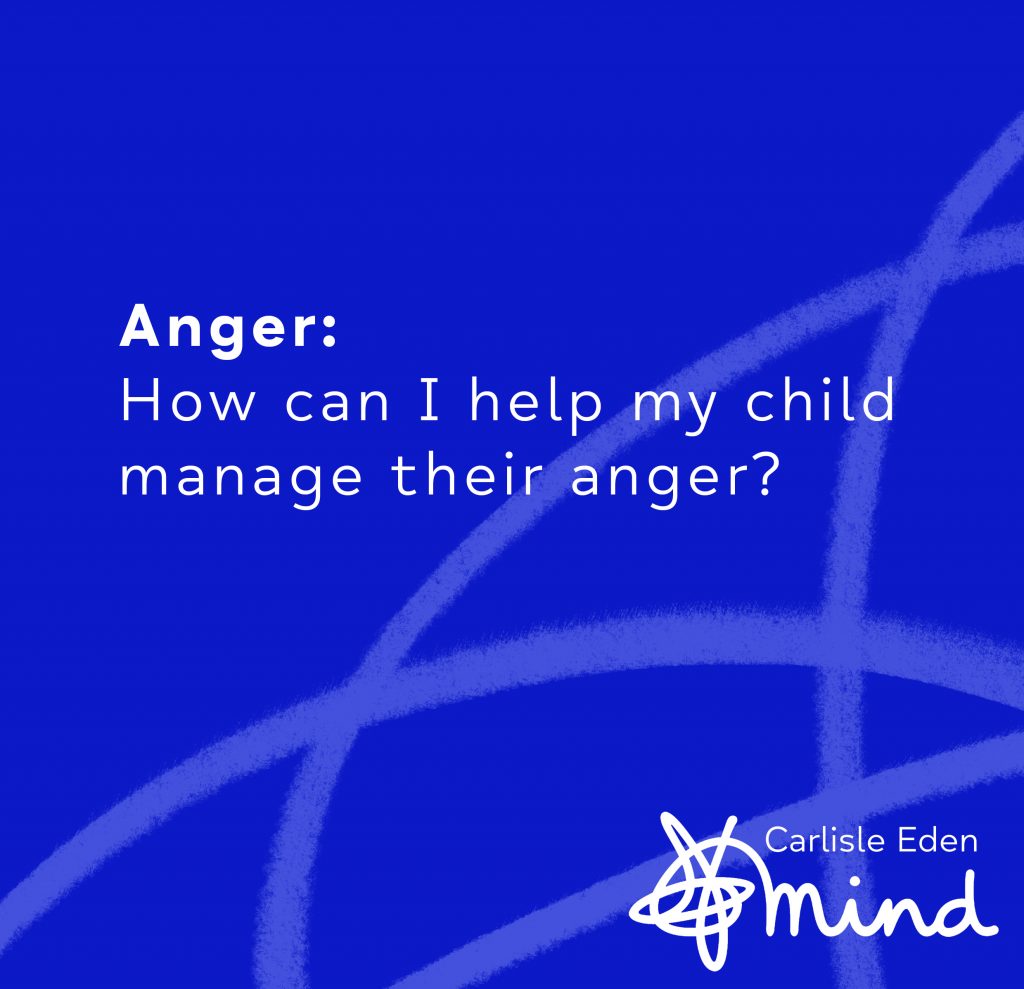
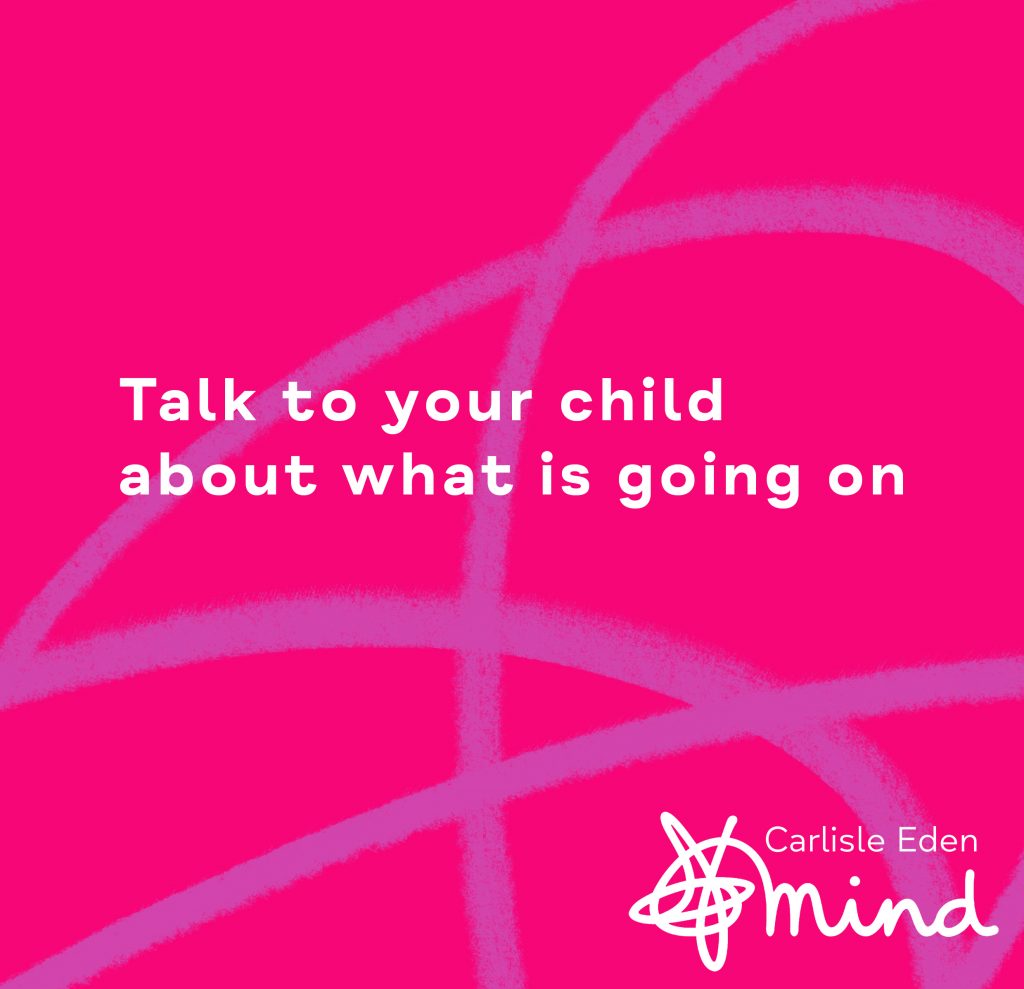
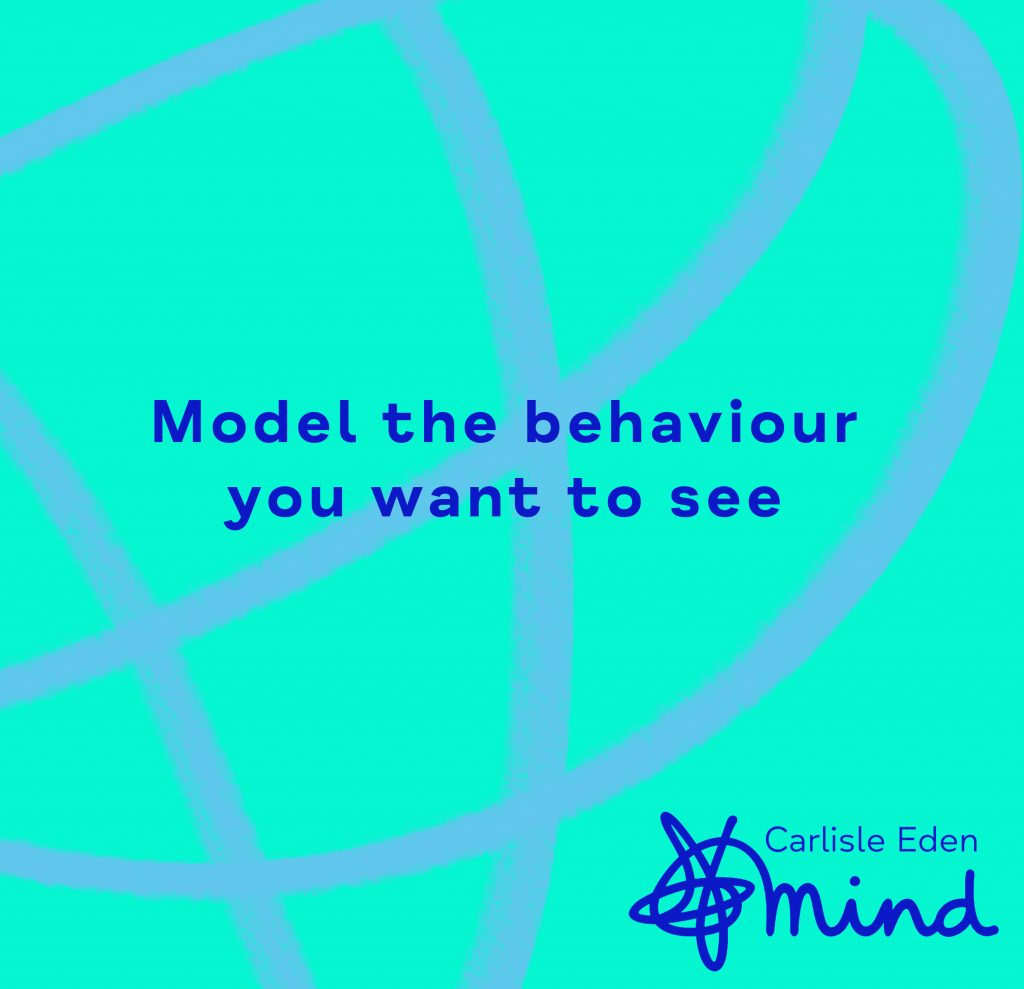
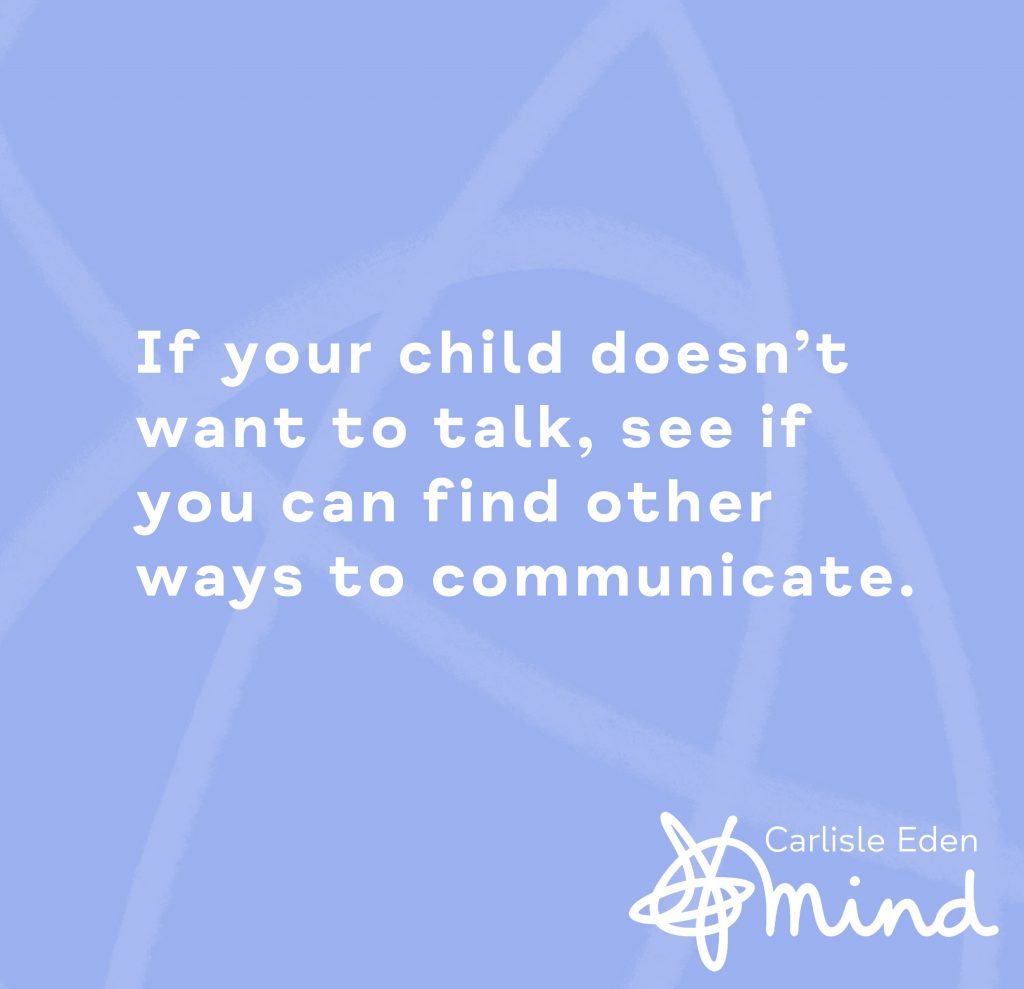
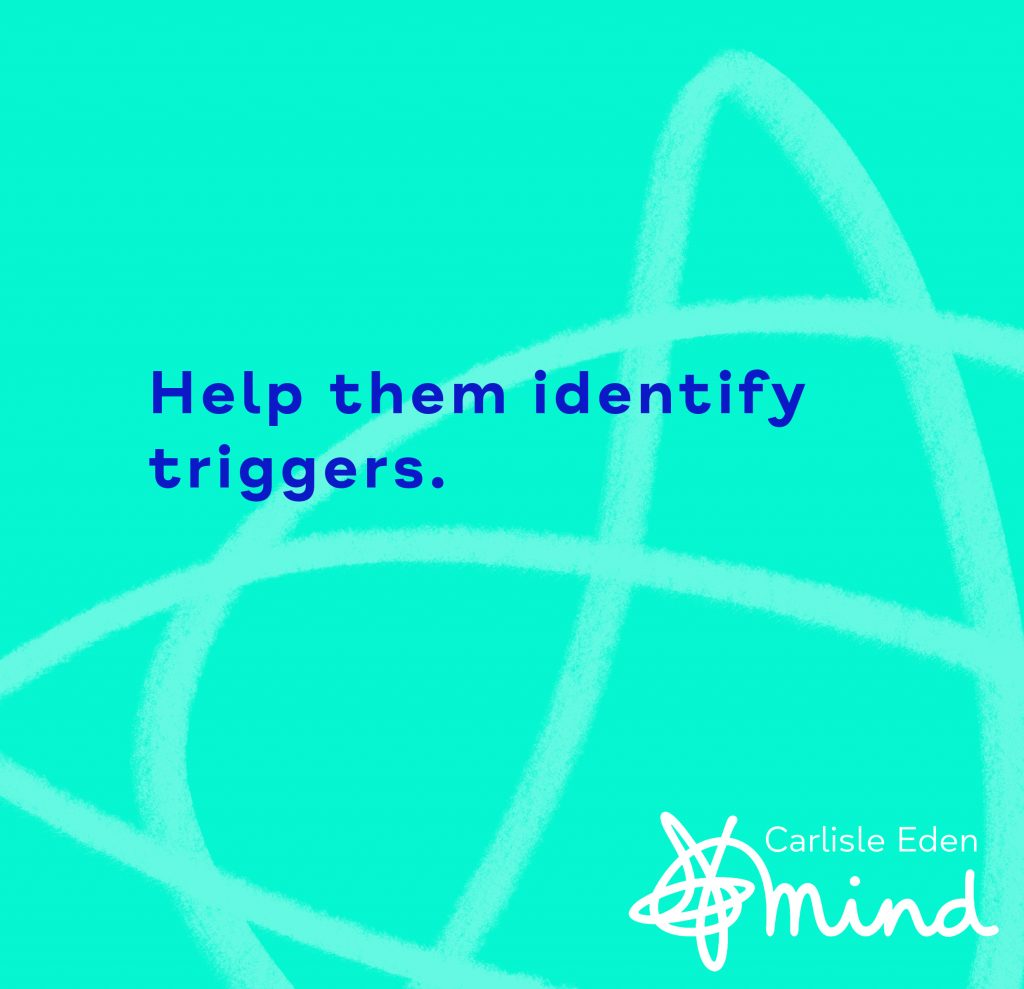
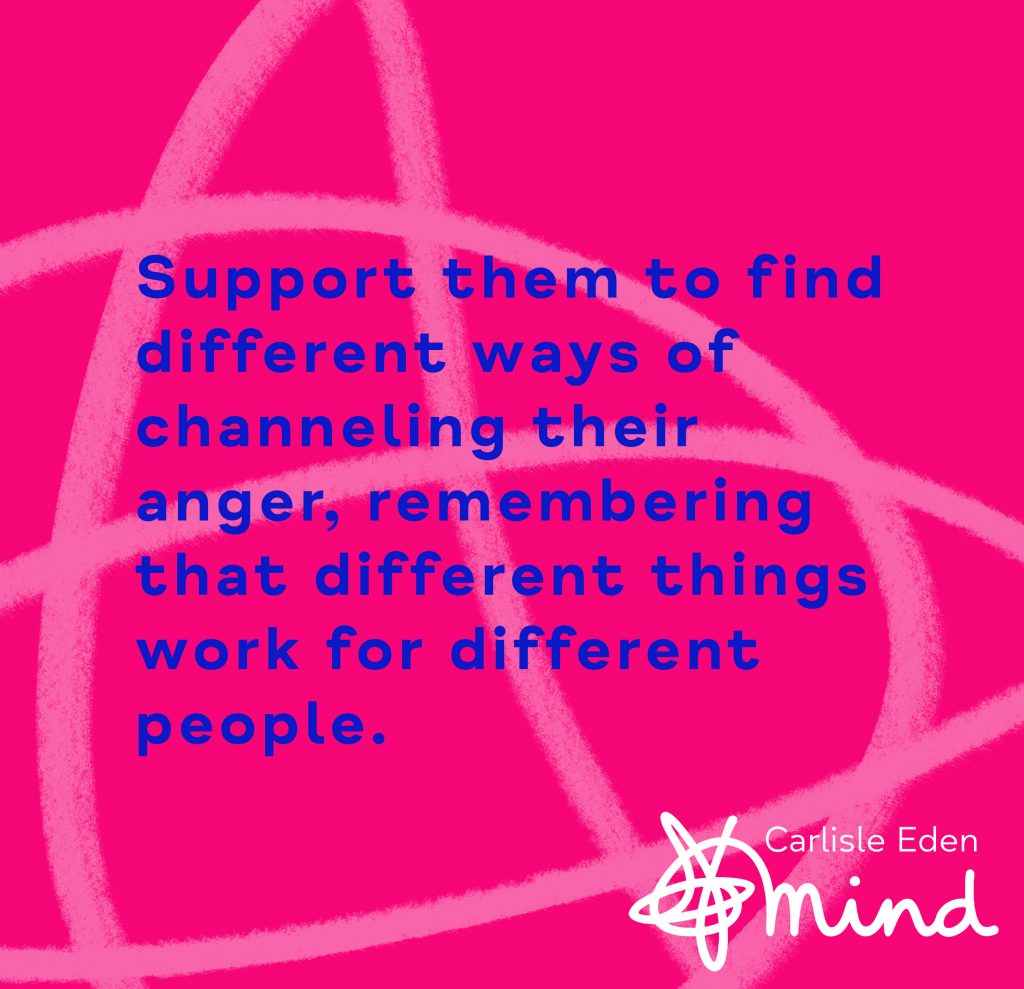
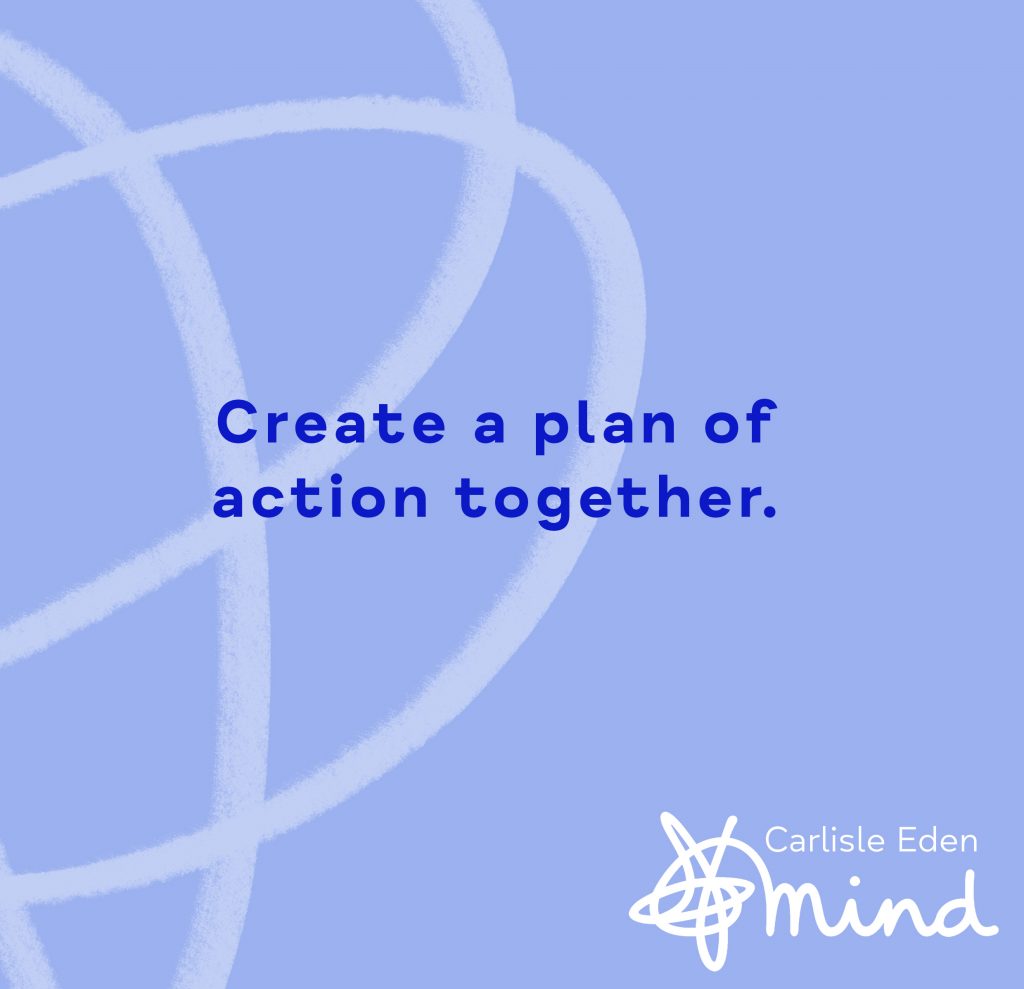
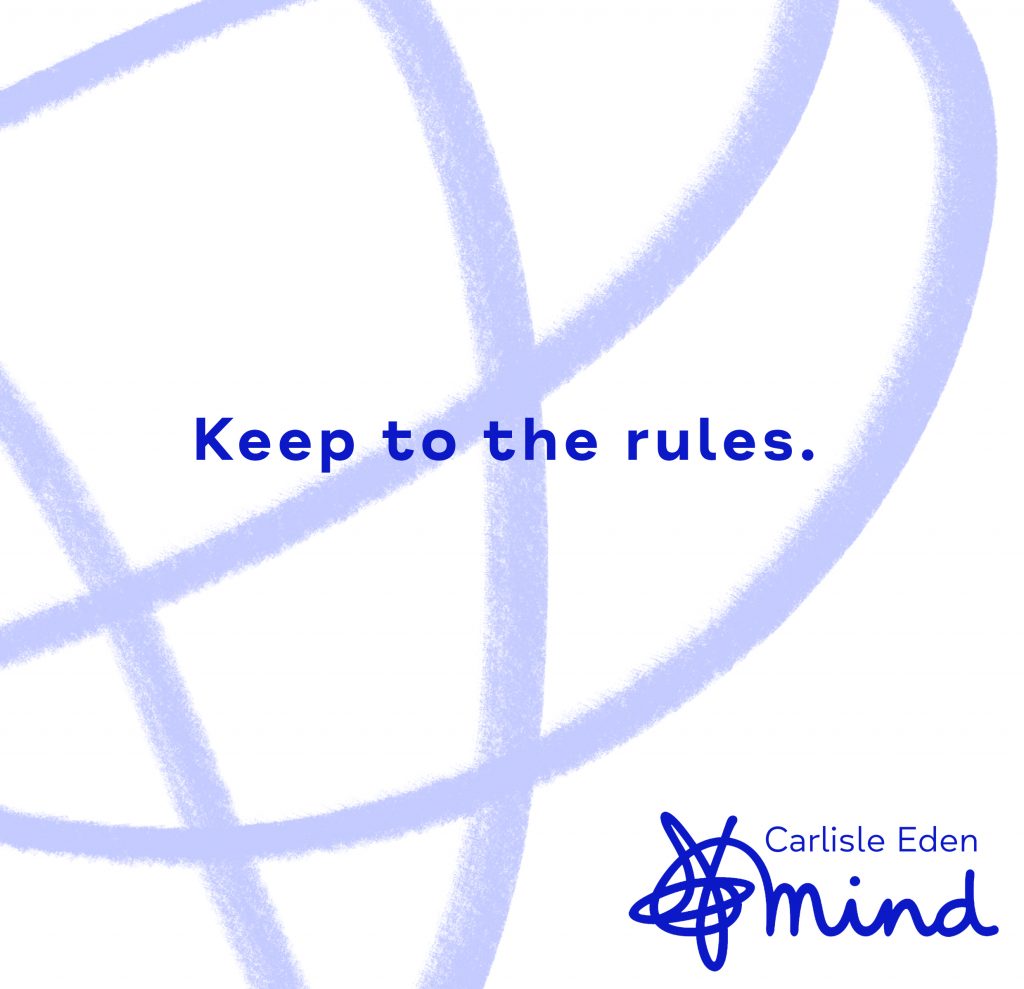
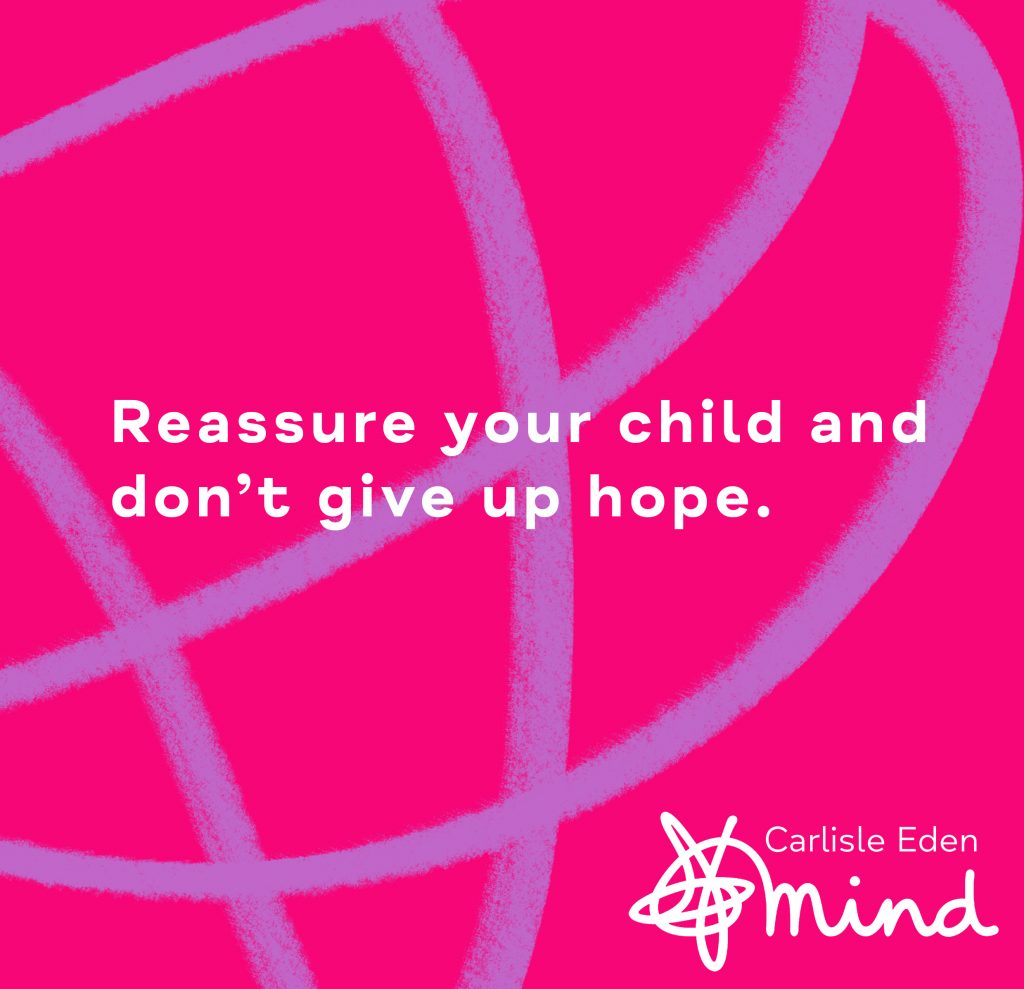
How can I respond to my child when they get angry?
- Try to separate your child’s feelings from their behaviour, remembering that all feelings are okay, even though some behaviour is not.
- Make it clear that you’re not dismissing their anger by letting them know that it’s okay to feel however they feel, and that it’s normal to feel angry sometimes.
- Try not to get angry yourself, as this will only escalate the situation.
- Focus on staying as calm as you can – using a calm voice and open body language, for example by not folding your arms.
- Avoid asking them lots of questions when they’re feeling very angry or distressed.
- Acknowledge that they’re feeling angry and let them know that you’d like to talk with them about what’s going on when they feel ready.
- If it feels appropriate, offer them some time and space to calm down.Especially with older teenagers, sometimes just having half an hour to listen to some music, go for a walk or do an activity they enjoy can help them feel calmer – making it more possible to have a conversation about what’s making them feel this way.
- If you need to, explain why their behaviour is not okay so they understand – and hold consistent boundaries around consequences. For example, you might say that while it’s normal to feel angry, it’s not okay when they shout at you. Remember that while your child might resist boundaries and consequences, they can actually help them to feel safe, contained and cared for.
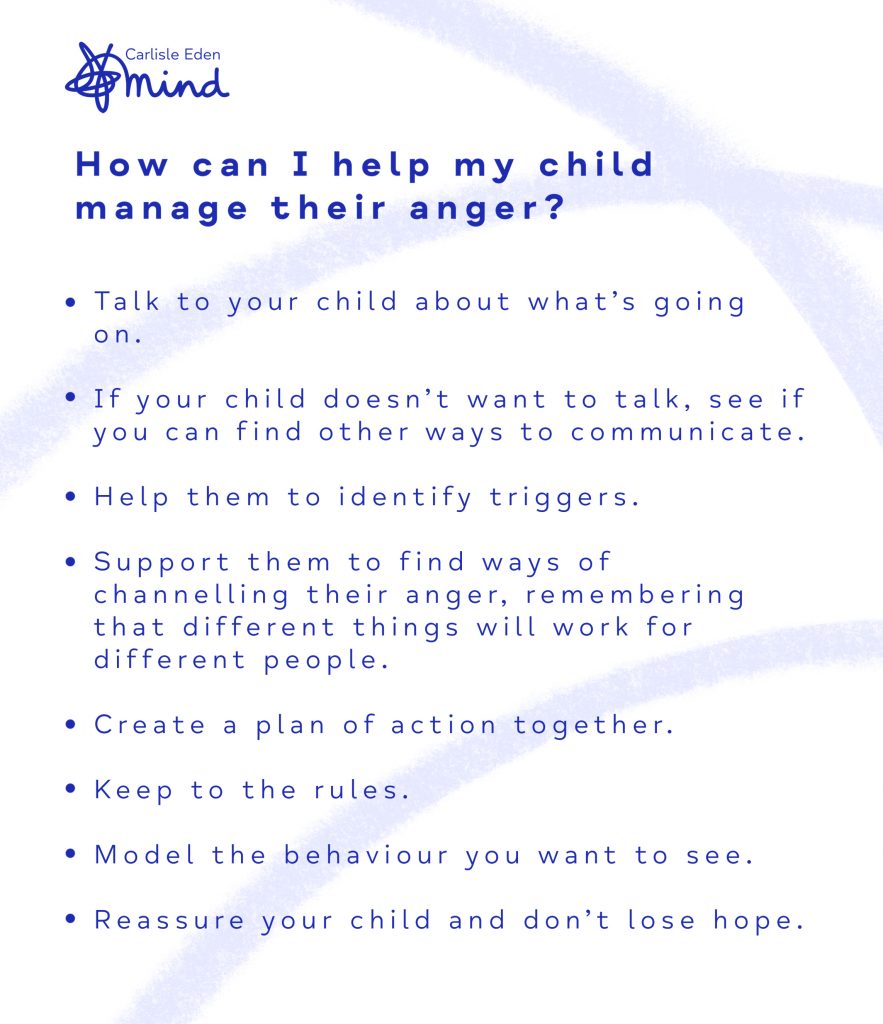
Looking after yourself
As a parent or carer, we often put our children first, no matter how old they are – but it’s so important that you remember to look after yourself too. If you have ever flown on a plane, you may remember the flight attendant saying that in times of difficulty you need to put your own oxygen mask on before helping others – and the same applies here.
If your child is acting out, remember that it can be because they see you as a safe person who they can express their feelings with, trusting that you will love them no matter what – and that it isn’t necessarily about you.
Young people tell us it helps to:
- think of the bigger picture: will this bother me in a year?
- try and say why you’re angry and remember that time alone to calm yourself down is okay.
- take some time to think about how your actions are affecting others and try to remember people are usually trying to help you.
- apologise if you have harmed someone – and if you have hurt yourself, apologise to yourself.
- figure out why you reacted like that so you can recognise it next time before it’s too late.
- tell someone if they’ve made you angry or talk to someone else about it.
- remind yourself that the emotion is valid.
Where can I find professional help?
It’s a good idea to seek professional advice if:
- Your child’s anger is consistently affecting their day-to-day life, wellbeing, mental health, relationships or experience at home or school – or the day-to-day life of your family.
- You’ve tried strategies for at least four weeks and nothing seems to work, or their outbursts of anger feel unmanageable and last for a long time.
- They are expressing their anger through destructive behaviours towards themselves or others – including self-harm or physically hurting other people.
There are different places where you can find help for your child. Your GP, your child’s school and considering whether counselling or therapy might help are good places to start.
Your GP can discuss your concerns with you and, if needed, refer your child for more support – including Child and Adolescent Mental Health Services (CAMHS).
Sometimes, challenging or aggressive behaviour can be a sign of an additional need or developmental difficulty, such as autism or difficulties hearing or speaking, which your child may need specialist help with. If you think this could be the case, speak to your GP or your child’s school to discuss whether they need a referral for an assessment.
You can find out more about speaking to GPs, finding a counsellor or therapist, accessing CAMHS, getting help from your child’s school and finding local services on Young Minds guide to getting help for your child.
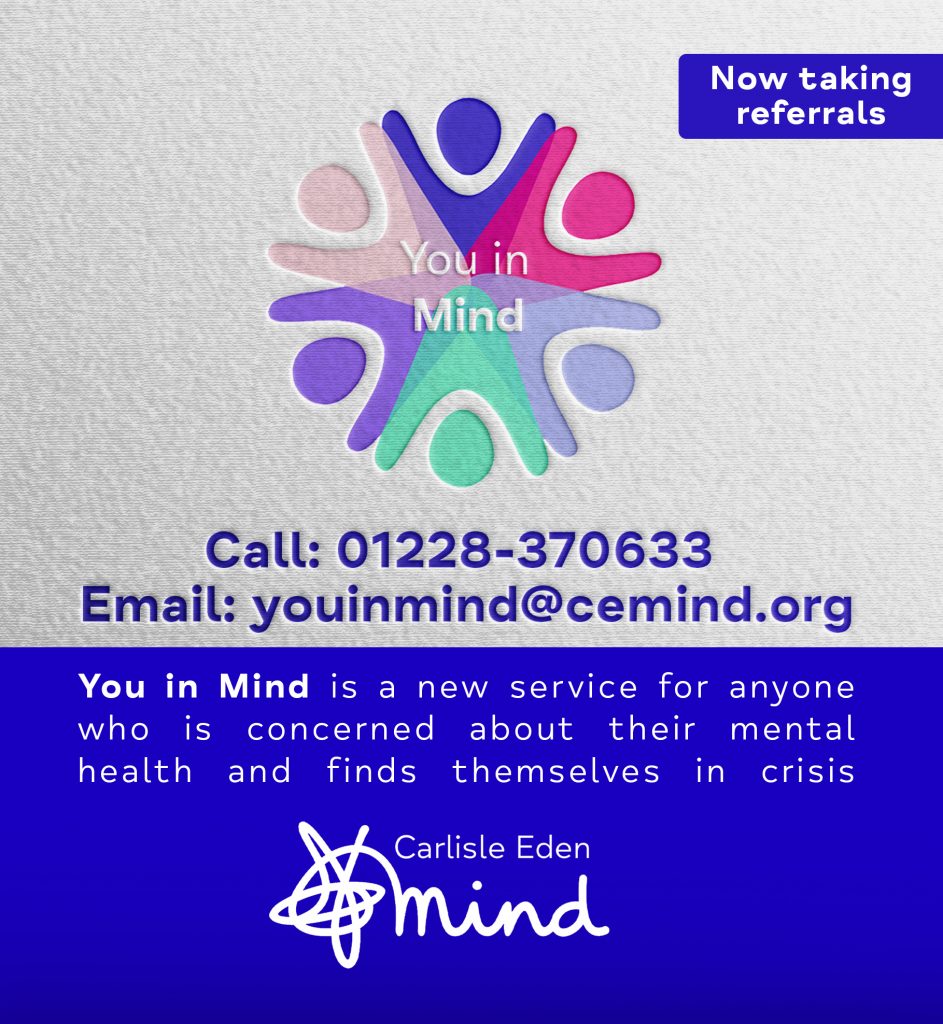
If your child’s anger is affecting your day to day life and you find yourself struggling, it may help to talk to someone. Our new service You in Mind is here for you. You in Mind is a confidential support service offered by Carlisle Eden Mind. You may sometimes feel like nobody understands your worry’s, but you are not the first parent to find yourself struggling, and you wont be the last. It’s okay and helpful to talk about it. We offer a confidential and professional listening ear so you don’t have to worry about anyone informing the social services. We are here for you.





